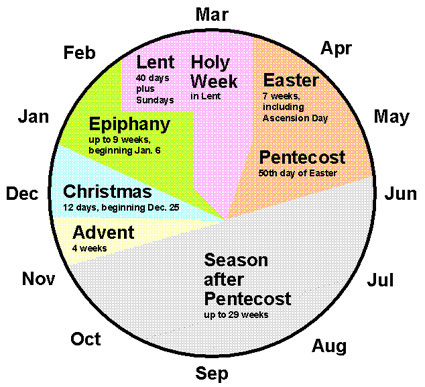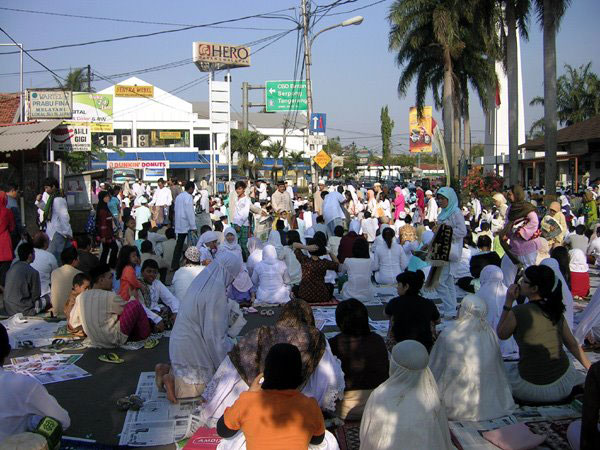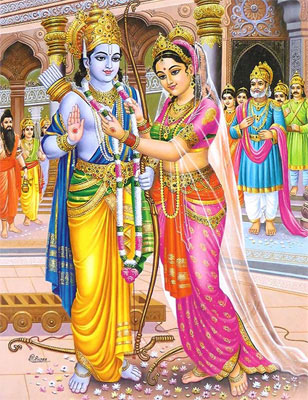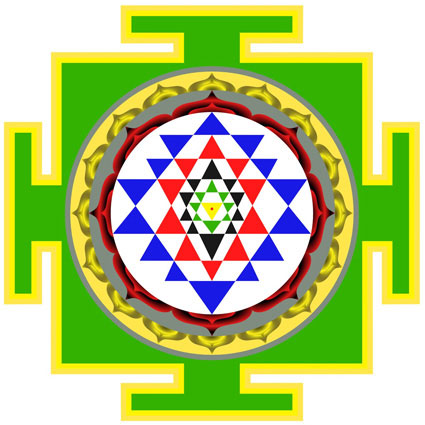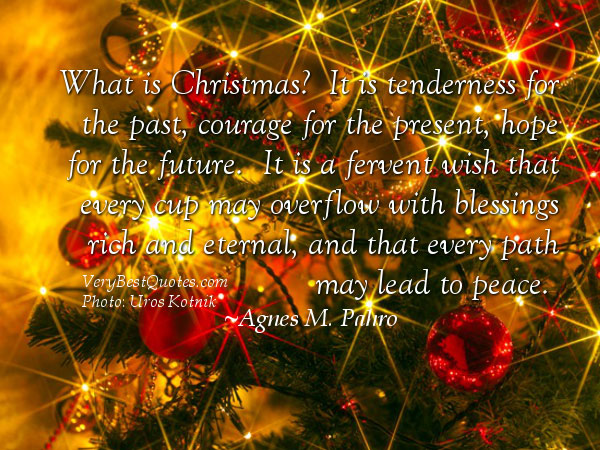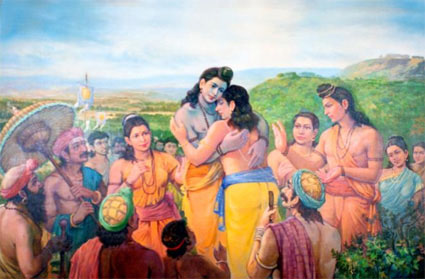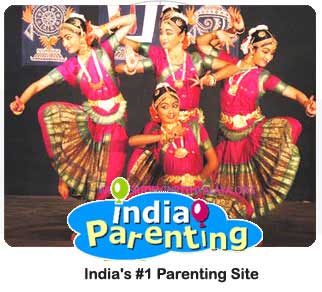A guide to understanding the Christian Liturgical Calendar and the various thematic seasons that it portrays. The Christian calendar year or the liturgical year is a calendar which divides the entire year into different thematic seasons. It is a structured approach of worship throughout the entire year, celebrating the mysteries of the Lords birth, life, death, and resurrection. The liturgical calendar sets the trend of worship for a Christians life, giving him topical religious discussions every weekend culminating in the celebration of Christs sacrifice upon the cross and his resurrection. The guidelines set in the liturgical year are used to prepare the lectionary. This is a list of scripture readings and prayers from the Bible, which congregations read during the course of the year and during their gatherings at church every Sunday. The Western Christian Liturgical calendars are based on the cycle of the Roman or Latin rite of the Catholic Church. The main liturgical seasons are Advent, Christmas, time after Epiphany, Lent, Easter, and time after Pentecost or time after the feast of the Holy Trinity. Each season in the liturgical year is colour coded. Ordinary time is represented by the green colour; violet is for advent, lent, and sometimes also for funerals. White is the colour for Christmas, Easter, feasts of the Lord, and feasts of saints who were non-martyrs. Red is the colour for Palm Sunday, Good Friday and feasts of martyred Saints. Black is the colour associated with funerals and All Saints Day. The colours are of significance as they determine the colour of the vestments worn by the clergy. In this articleAdventChristmasOrdinary TimeLent and PassiontideEaster Advent This is the first season of the liturgical year. The season starts four Sundays before Christmas and ends on Christmas Eve. It focuses on the preparation for the coming of Christ. Sermons during this period generally talk about events that happened prior to the birth of the Christ Child, such as the journey of the three wise men. The period of waiting to celebrate Christs arrival is symbolised by the Advent Wreath. Another symbol adopted by churches is the lighting of four candles (which are sometimes decorated with evergreens and pine cones). Each candle is lit for that week of the Christmas season. Christmas Christmas is the culmination of the advent season. It starts from the evening of Christmas Eve and ends on the feast of Epiphany, some 12 days later. One common misconception due to commercialisation is that the twelve days of Christmas end on Christmas day. In reality, the twelve days start on Christmas day and end with Epiphany. Christmas day is the celebration of the birth of Christ. It is the most joyous occasion in the liturgical calendar, where friends and family get together to spend time with each other. Ordinary Time Ordinary Time is also known as Counted Weeks. It is the period between seasons. It is a more modern way of describing the time after Epiphany and the time prior to Lent. Lent and Passiontide Lent is the season of fasting prior to Easter Sunday. This season starts on Ash Wednesday and ends with Palm Sunday. There are forty days in the Lent season. The days of importance in this season are Maundy Thursday—the day that celebrates the last supper, Good Friday—the day of celebration of Christs passion or his crucifixion, Holy Saturday—commemorating the laying of Christs body in the tomb, and, finally, Easter Sunday. The Catholic Church recognises the last two weeks of the Lent season as Passiontide. The entire last week of Lent is known as Holy Week. People visiting churches during Lent will notice that the crosses found in the church will be covered with a cloth as a mark of mourning and respect. Easter The celebration of Christs resurrection is the second most important festival on the liturgical calendar, next only to Christmas. The date of Easter varies from year-to-year as it is decided by a lunar calendar system. Well known elements of the festivities are Easter eggs and the Easter breakfast. The Easter breakfast is a time of fellowship enjoyed after the Easter service, and is usually organised by members of the congregation. Easter Sunday is followed soon after by Ascension Sunday. Ascension Sunday celebrates the ascension of Christ into heaven after his resurrection.
A guide to understanding the Christian Liturgical Calendar and the various thematic seasons that it portrays. The Christian calendar year or the liturgical year is a calendar which divides the entire year into different thematic seasons. It is a structured approach of worship throughout the entire year, celebrating the mysteries of the Lord's birth, life,
death, and resurrection. The liturgical calendar sets the trend of worship for a Christian's life, giving him topical religious discussions every weekend culminating in the celebration of Christ's sacrifice upon the cross and his resurrection.
The guidelines set in the liturgical year are used to prepare the lectionary. This is a list of scripture readings and prayers from the Bible, which congregations read during the course of the year and during their gatherings at church every Sunday.
The Western Christian Liturgical calendars are based on the cycle of the Roman or Latin rite of the Catholic Church. The main liturgical seasons are Advent, Christmas, time after Epiphany, Lent,
Easter, and time after Pentecost or time after the feast of the Holy Trinity.
Each season in the liturgical year is colour coded. Ordinary time is represented by the green colour; violet is for advent, lent, and sometimes also for funerals. White is the colour for Christmas, Easter, feasts of the Lord, and feasts of saints who were non-martyrs. Red is the colour for Palm Sunday,
Good Friday and feasts of martyred Saints. Black is the colour associated with funerals and All Saints' Day. The colours are of significance as they determine the colour of the vestments worn by the clergy.
Advent
This is the first season of the liturgical year. The season starts four Sundays before Christmas and ends on Christmas Eve. It focuses on the preparation for the coming of Christ. Sermons during this period generally talk about events that happened prior to the birth of the Christ Child, such as the journey of the three wise men. The period of waiting to celebrate Christ's arrival is symbolised by the Advent Wreath. Another symbol adopted by churches is the lighting of four candles (which are sometimes decorated with evergreens and pine cones). Each candle is lit for that week of the Christmas season.
Christmas
Christmas is the culmination of the advent season. It starts from the evening of
Christmas Eve and ends on the feast of Epiphany, some 12 days later. One common misconception due to commercialisation is that the twelve days of Christmas end on Christmas day. In reality, the twelve days start on Christmas day and end with Epiphany. Christmas day is the celebration of the birth of Christ. It is the most joyous occasion in the liturgical calendar, where friends and family get together to spend time with each other.
Ordinary Time
Ordinary Time is also known as Counted Weeks. It is the period between seasons. It is a more modern way of describing the time after Epiphany and the time prior to Lent.
Lent and Passiontide
Lent is the season of fasting prior to Easter Sunday. This season starts on Ash Wednesday and ends with Palm Sunday. There are forty days in the Lent season. The days of importance in this season are Maundy Thursday—the day that celebrates the last supper, Good Friday—the day of celebration of Christ's passion or his crucifixion, Holy Saturday—commemorating the laying of Christ's body in the tomb, and, finally, Easter Sunday.
The Catholic Church recognises the last two weeks of the Lent season as Passiontide. The entire last week of Lent is known as Holy Week. People visiting churches during Lent will notice that the crosses found in the church will be covered with a cloth as a mark of mourning and respect.
Easter
The celebration of Christ's resurrection is the second most important festival on the liturgical calendar, next only to Christmas. The date of Easter varies from year-to-year as it is decided by a lunar calendar system. Well known elements of the festivities are Easter eggs and the Easter breakfast. The Easter breakfast is a time of fellowship enjoyed after the Easter service, and is usually organised by members of the congregation. Easter Sunday is followed soon after by Ascension Sunday. Ascension Sunday celebrates the ascension of Christ into heaven after his resurrection.












